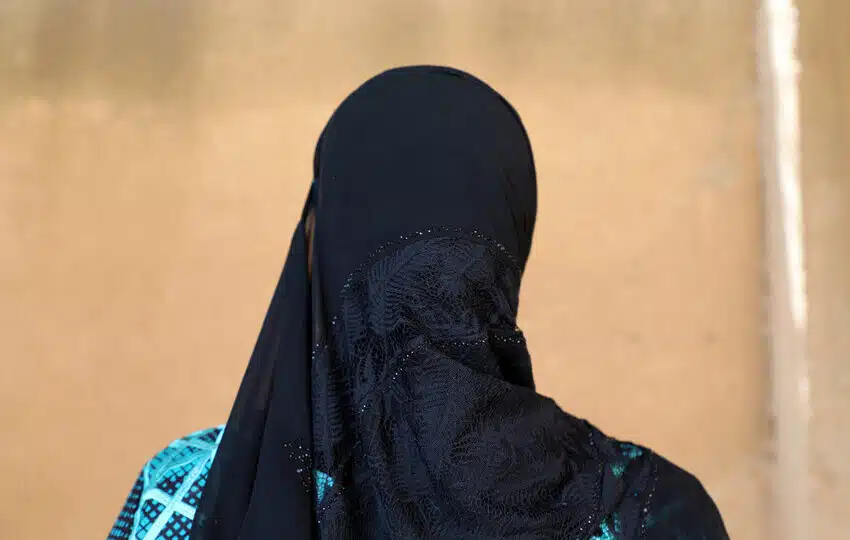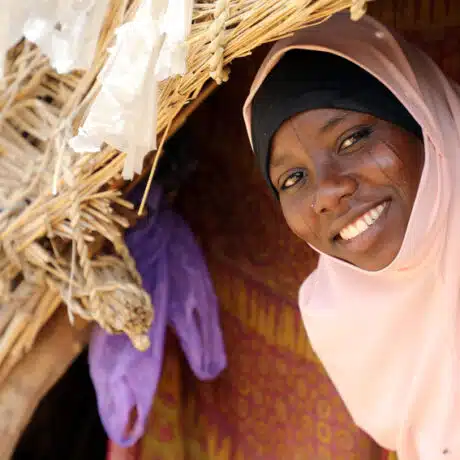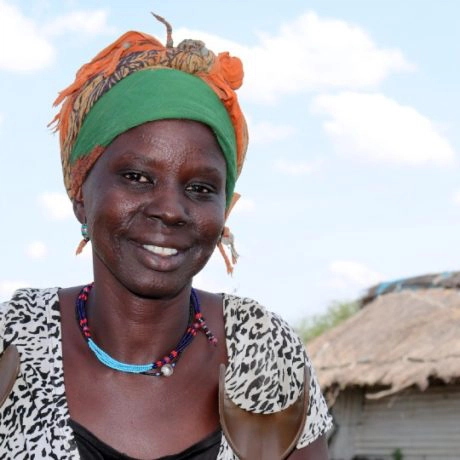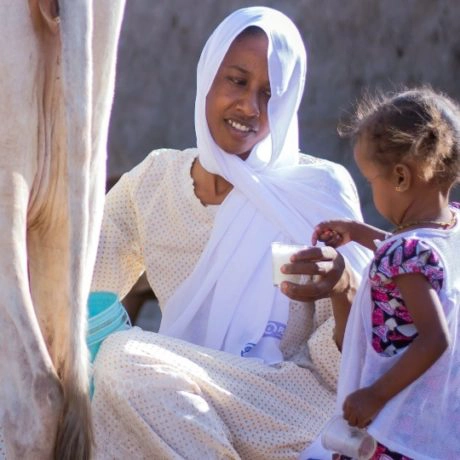News and Stories - Child marriage - 30 April 2021
What is Child Marriage?

Child marriage is a formal or informal union between a child under the age of 18 and an adult or another child. While early and child marriage affects both girls and boys, the impact on girls is much greater. Girls growing up in poverty or living through a crisis, conflict or disaster are particularly at risk.
Globally some 650 million girls and women have already been affected by this harmful practice, and today one in every five girls is married off before the age of 18. Child marriage or forced unions denies girls the freedom to make their own decisions, be in charge of their bodies, and to have choices and opportunities for their futures.
As the charity for girls’ equality, we believe every girl deserves the right to choose who, when – and if – she wants to marry.
No girl, anywhere, should be a child bride.
Why child marriage occurs
Child marriage, also known as early and forced marriage, isn’t isolated to one culture, religion or group of people. It cuts across countries, cultures, religions and backgrounds, and the root causes allow it to continue.
Child marriage occurs from:
- Lack of education: girls with no education are more likely to be married before the age of 18 than those with a secondary education.
- Gender inequality: girls and women often occupy a lower status as a result of social and cultural traditions, attitudes and beliefs that deny them their rights.
- Poverty: in families on a low income, girls may be seen as an economic burden. The perception that a girl’s potential to earn an income is comparatively poor pushes girls out of their homes and into marriage.
- Customs: in many countries, the importance of preserving family ‘honour’ and girls’ virginity means parents push their daughters into marriage before they’re ready.
People believe marriage safeguards against ‘immoral’ or ‘inappropriate’ behaviour. - Failure to enforce laws: sometimes families aren’t aware they’re breaking the law. In some countries early marriage is so prevalent, prosecutions are seldom brought.
- Conflicts, disasters and emergencies: disasters and emergencies increase economic pressures on households and many families who wouldn’t previously have considered early marriage turn to it as a last resort.
What are the impacts of child marriage?
Early and child marriage is a human rights violation. It robs children of their childhoods.
Girls who are married before they turn 18 are more likely to experience domestic violence and less likely to stay in school.
It ultimately impacts a girl’s health; they often experience an early pregnancy and are forced to have children before they’re physically and emotionally ready. It impacts their future opportunities and ability to access and complete secondary education. It also robs them of the ability to independently participate in society by earning an income.
And the global numbers of child marriage are staggering.
- 12 million girls under the age of 18 are married each year.
- 1 every 2 seconds. That’s 23 girls every minute.
- More than 150 million girls will marry before their 18th birthday 2030.
Now due to the global pandemic, things are getting worse. Many girls have been forced to leave school and enter early marriages out of economic necessity. In addition, as girls and women spend more time at home, they are at increased risk of gender-based violence, marginalisation, and social exclusion.
At the same time, the pandemic has increasingly pushed social and economic life online, and individuals, governments, and organisations have become more and more dependent on digital technologies. While this can pose challenges, it also presents an opportunity for organisations working to eliminate child marriage to consider how they might effectively leverage digital technologies in these efforts.
The solutions to ending child marriage
Although education is the key to eliminating child marriage, it’s going to take a multi-pronged approach to truly end this practice around the globe.
That’s why Plan International is tackling child marriage across many fronts, from:
- Educating local communities on the risks and impacts of the practice
- Supporting girls to access and complete their secondary education
- Working with girls in communities where child marriage occurs to make sure they know their rights
- Bringing perpetrators to justice
- Campaigning at a regional, national and international level to influence policies and legislation to end violence against girls.
Plan International also works to prevent child marriage by supporting local networks of women and men to reach out to their neighbours, families, officials and community leaders to highlight the negative effects of early marriage and pregnancy, and how keeping girls in school can benefit the whole community. For example, our monthly Girls Clubs are so important because they provide a safe, supportive space for girls to learn about healthy relationships and to share their experiences – on their own terms.
Education is one of the strongest and surest ways to end child marriage.
By making sure every girl has the opportunity to go to – and complete – school, we are creating a world where girls have choices and opportunities to shape their own futures.
Will you join us?





